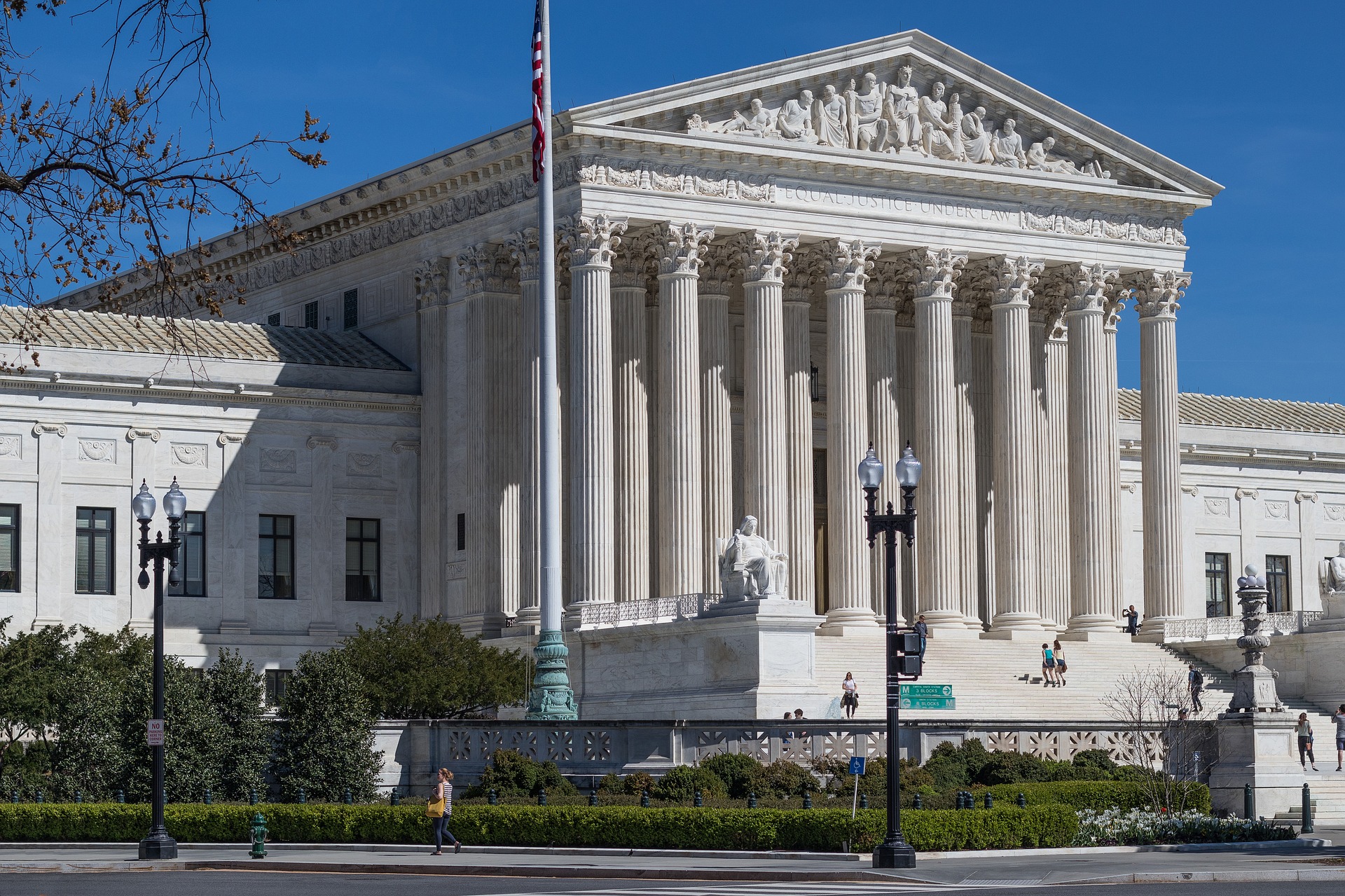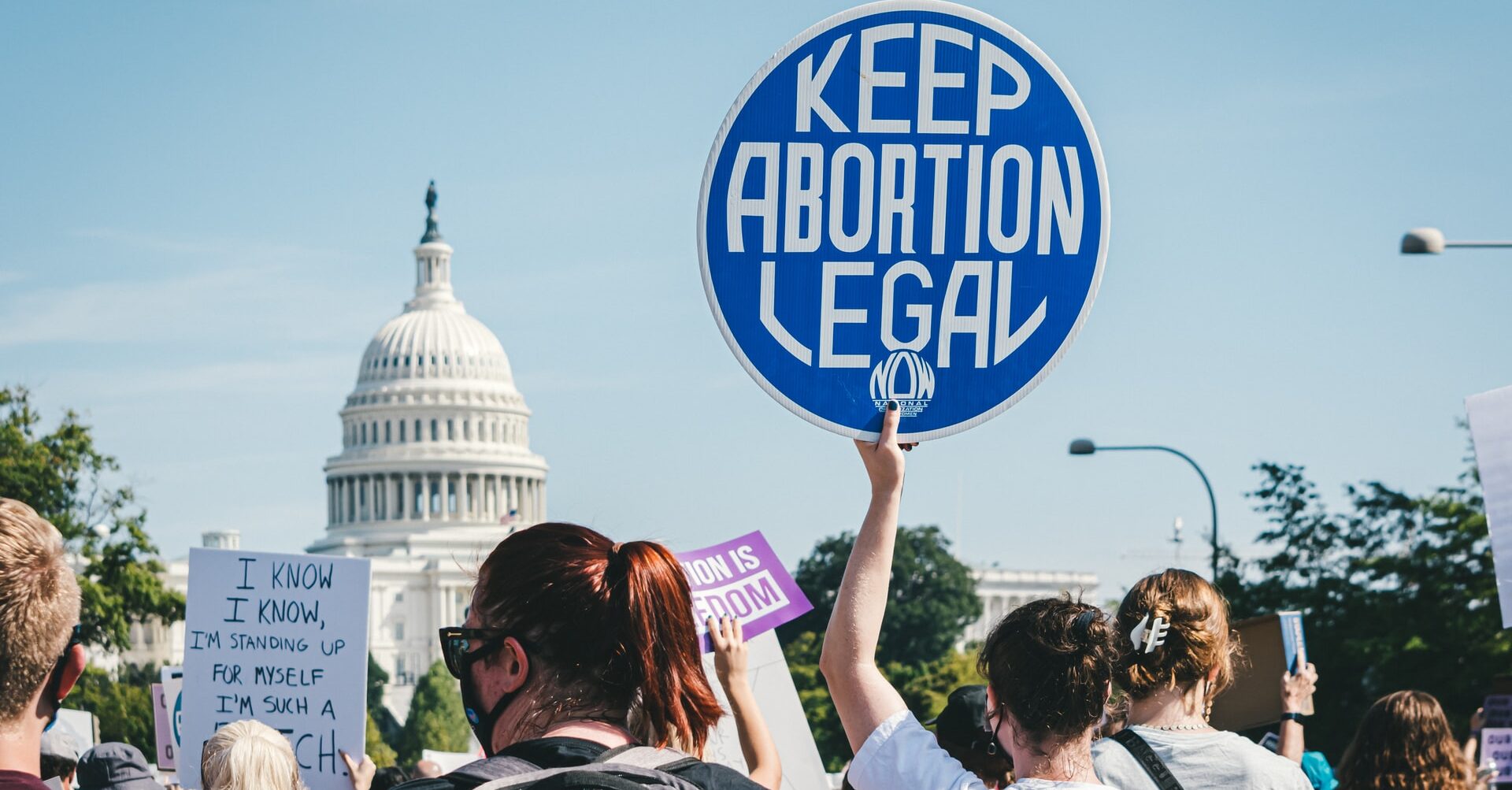The Supreme Court of the United States (SCOTUS) ruling that overturned Roe v. Wade on June 24, 2022 poses countless legal questions and presents serious challenges for stakeholders, including employers.
What does employment law have to do with abortion rights, you might ask.
Well, I’ll tell you, and I’ll tell you something else: the ramifications of the Dobbs v. Jackson SCOTUS decision, which held that there is no constitutional right to abortion, is likely to result in employment litigation for years to come.
A colleague asked me this weekend “What’s the first thing employers need to consider?”
My answer: The state in which the employees work.
It’s like the COVID-19 pandemic all over again with the patchwork of state laws. State laws prohibiting or limiting abortion impacts everything employment—from privacy to various types of leave and accommodations to group health care plans and more.
At least 24 states have laws that criminalize abortion to varying degrees.
Employers and employees need to know that a company’s location does not determine which state law applies to employees who work from home.
For example, while a retailer or restaurant in Texas or Mississippi with employees that only work in a store in-state need only consider that state’s laws, a company with a remote or hybrid workforce is a different ballgame. During the pandemic, employees proved they could be productive and work from home.
Currently, and more than ever, organizations hire employees to work remotely if in-person attendance is not critical. The state leave and discrimination laws that apply to employees are those where the employees work—and that may be in a different state than the location of the employer.
Employers with employees in different states will have their work cut out for them navigating the various state laws that apply.
Talking about it
While employers may seek to minimize discussion of abortion rights, remember that the National Labor Relations Act (NLRA) protects employees’ rights to discuss the terms and conditions of their employment with each other at work and outside of work, including on social.
Employers, the NLRA applies to you, too, even if your employees are not members of a union. Employers may wish to revise their social media policies to consider this issue, but they must do so carefully, with consideration for the NLRA’s rights and protections.
Plus, a handful of states (not just New York and California) carry off-duty conduct laws on their books that prohibit employers from disciplining employees for lawful conduct done outside of work.
Federal Anti-Discrimination Laws
The Equal Employment Opportunity Commission (EEOC) enforcement guidance on pregnancy issues explains that Title VII of the Civil Rights Act of 1964 (Title VII) protects women from being fired for having an abortion or contemplating having an abortion.
Similarly, Title VII prohibits adverse employment actions against an employee based on her decision not to have an abortion. For example, the EEOC’s enforcement guidance explains, “…it would be unlawful for a manager to pressure an employee to have an abortion, or not to have an abortion, in order to retain her job, get better assignments, or stay on a path for advancement.”
The Pregnancy Discrimination Act explicitly forbids discrimination based on pregnancy and related medical conditions, including abortion, i.e., whether an employee had or is considering an abortion. Various state laws, as pointed out in the Dobbs decision, do the same.

I explained here that pregnancy discrimination is a type of sex discrimination.
And private employers that employ more than 15 employees must make reasonable accommodations for pregnant workers, including employees and applicants with known limitations related to pregnancy, childbirth, or related medical conditions. The same is true in many states as well.
Still further, as we saw over the past 2.5 years during the pandemic, the Americans with Disabilities Act (ADA) requires an employer to keep an employee’s medical condition confidential.
The EEOC’s COVID-19 guidance reads:
With limited exceptions, the ADA requires employers to keep confidential any medical information they learn about any applicant or employee. Medical information includes not only a diagnosis or treatments, but also the fact that an individual has requested or is receiving a reasonable accommodation.
Now, how these federal anti-discrimination laws affect state laws that prohibit certain abortions or criminalize abortion is difficult to discern. After all, the fundamental tenet of the Supremacy Clause is preemption—federal law preempts conflicting or contradictory state law.
So, one burning question I have is whether federal laws like Title VII, including the PDA, and the ADA will preempt and invalidate state laws banning abortion.
I don’t have a crystal ball, but I foresee employment litigation on the horizon. These are novel questions, indeed.
Group Health Care Plans
While I’ve read that the number of employers that are considering health plan amendments or expanded plans that would cover travel and lodging expenses related to out-of-state abortions are increasing (e.g., Levi Strauss, Goldman Sachs, Macy’s, Yelp, Microsoft), these are subject to health benefit plans—Yes, I’m talking about you, ERISA—which I’ll leave to my FisherBroyles employee benefits partners.
companies that have offered their U.S. employees reproductive healthcare benefits including abortion coverage or travel benefits for out-of-state abortions.
Family and Medical Leave
In the Dobbs decision, the majority notes that “leave for pregnancy and childbirth are guaranteed by law in many cases.”
This is true, and yet.
Pregnancy discrimination continues.
Paid family and medical leave does not exist on a federal level.
Unpaid family and medical leave does not exist on a federal level for employees new to their jobs or at small companies.
Indeed, as explained in more detail in this post, the federal Family and Medical Leave Act only provides unpaid leave to employees who have worked for an employer for 12 months, at least 1,250 hours, and if the organization has at least 50 employees (or 50 in a 75-mile radius).
According to SHRM (the Society of Human Resource Management), as of April 2021, only 17 states (including the District of Columbia) enacted permanent, statewide paid sick leave laws.
Paid sick leave is not a common benefit in states and localities that do not mandate it. Employers who choose to may need to decide to provide paid sick leave and create their own policies for the purpose of that leave
Employer takeaways
Along with the above, employers have much to consider as a result of this SCOTUS decision, which starts with knowing and understanding applicable state laws. The Dobbs decision will have far-reaching effects on employment laws and policies and a resounding legal impact. Multi-state employers, especially, will have their work cut out for them navigating these issues.
This piece originally appeared on Fisher Broyles, and was published here with permission.

